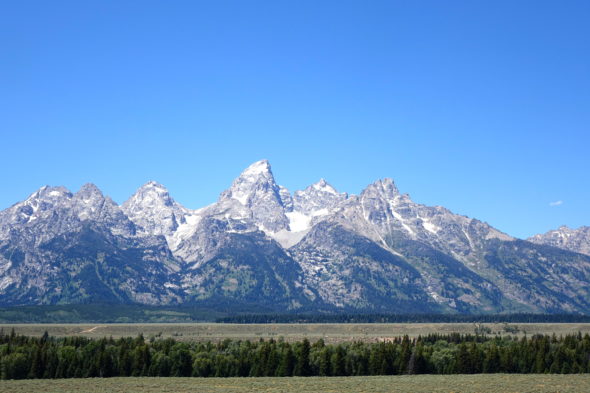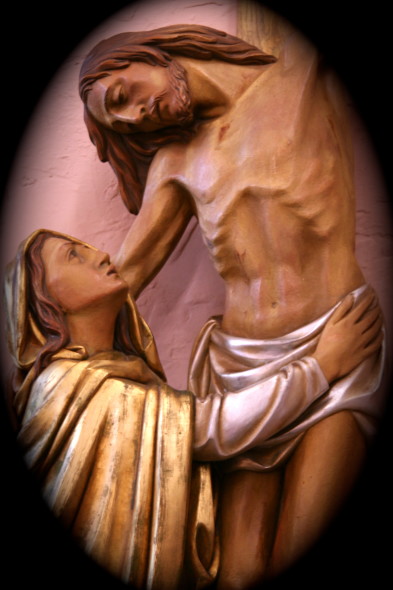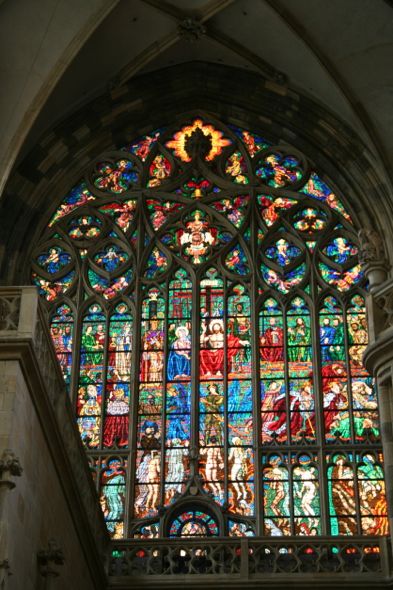Isaiah 40:1-11, NRSV
Comfort, O comfort my people, says your God.
Speak tenderly to Jerusalem,
and cry to her
that she has served her term,
that her penalty is paid,
that she has received from the Lord’s hand
double for all her sins.A voice cries out:
“In the wilderness prepare the way of the Lord,
make straight in the desert a highway for our God.Every valley shall be lifted up,
and every mountain and hill be made low;
the uneven ground shall become level,
and the rough places a plain.
Then the glory of the Lord shall be revealed,
and all people shall see it together,
for the mouth of the Lord has spoken.”A voice says, “Cry out!”
And I said, “What shall I cry?”
All people are grass,
their constancy is like the flower of the field.
The grass withers, the flower fades,
when the breath of theLord blows upon it;
surely the people are grass.
The grass withers, the flower fades;
but the word of our God will stand forever.
Get you up to a high mountain,
O Zion, herald of good tidings;
lift up your voice with strength,
O Jerusalem, herald of good tidings,
lift it up, do not fear;
say to the cities of Judah,
“Here is your God!”
See, the Lord God comes with might,
and his arm rules for him;
his reward is with him,
and his recompense before him.
He will feed his flock like a shepherd;
he will gather the lambs in his arms,
and carry them in his bosom,
and gently lead the mother sheep.
Handel’s setting of this beautiful passages is one of my favorite pieces of music. Ever. And also one of the very first choral pieces I learned as a high school student. I was blessed to go to a public high school that wasn’t the least bit afraid of singing sacred music — after all, it’s an important part of every student’s musical education. Without the church, there would be little choral music worth singing. And these words?? Glory, that’s what. A willing admission that human beings are transitory, our lives but a whisper on the earth. And yet . . . our Shepherding God loves us so! There is tenderness here. And faithfulness. And GLORY. Thanks be to God.
Lord, give me ears to hear these words in a fresh way this Advent season. Thank you for them, for their inclusion in our holy book. And thank you most of all for the powerful truth of them. Thank you for being our shepherd, our good, good shepherd. We surely need one!






























